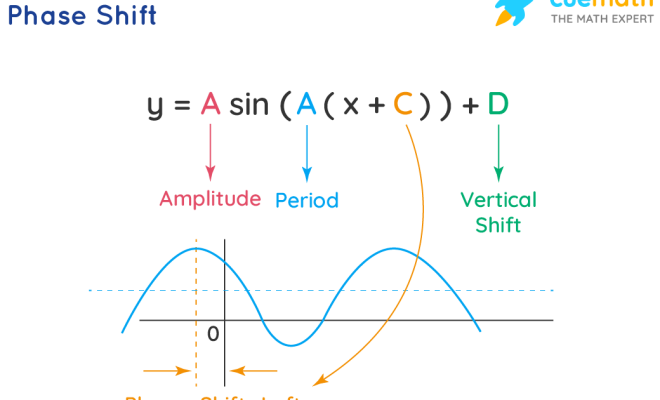Mathematic Intervention Strategies To Help Students Succeed

Lots of students struggle with math more than any other subject. Parents may provide out-of-class tutoring for a struggling learner, but it’s often unsuccessful. When a learner struggles in math, it can be discouraging for her parents, educators, and especially herself. The learner may begin to worry about when to catch up.
Here are some strategies for students who struggle with math.
Ways to help students catch up in math:
Build in a routine of support
Don’t wait for a learner to ask for help before reaching out. Most students feel shy when they don’t understand something and will pretend rather than ask for help. If you notice a learner lagging, help them in time. Start a routine of support in your classroom so that helping struggling students is second nature. This help culture will also prevent students from becoming shy when you approach them to help.
Encourage thinking-out-loud
Encourage students to speak out either by expressing themselves in words or written. This type of thinking is most important in math because math is a subject with logical sequences and steps. It can also help you identify particular student problems. If a learner only provided an incorrect answer, you would not be able to see where they got off track when solving their problem. But if the learner writes out each step of the same problem, you can see which step he is missing and make corrections.
Build-in vocabulary instruction
The study of mathematics contains a lot of vocabulary- even, odd, average, sum, denominator, etc. Ensure you review mathematics vocabulary with students consistently because terminologies could be what is holding some students back.
Foster learner-to-learner interaction
When students interact, they are more likely to remember things than if they were studying by themselves. Encourage learner-to-learner interaction in your classroom with activities such as Think-Pair-Share, where students interact and share their ideas and solutions out loud. It is also an excellent way to have peer-tutoring naturally.
Use models and manipulatives
Models and manipulatives are primarily helpful for visual and kinesthetic/hands-on students. For instance, showing a child that two times six is twelve by demonstrating it helps the student visualize these calculations in their minds.
Provide explicit instruction for struggling students
Often, inquiry-based, learner-driven learning is a great option for the classroom. Nevertheless, if a particular learner is lagging, it is best to explicitly teach the content to that learner rather than rely on their curiosity to push them forward.
The most important thing when helping struggling students is making learning an enjoyable experience. When they don’t understand something right away, they get discouraged. Still, these students must learn to persevere. Frequently encourage and praise these students for helping them develop a lifelong love of learning.




